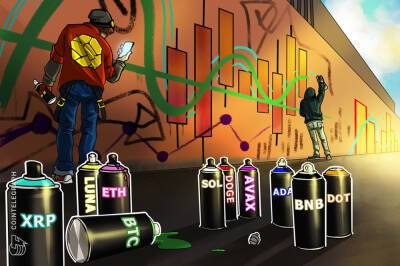Zelenskiy’s reforms were too slow for us, but too fast for Putin
Ukraine’s president. Volodymyr Zelenskiy, came under pressure to tackle corruption from the moment he was elected in April 2019.
His government was on its knees financially after a series of scandals that had seen the country’s biggest bank collapse following allegations of looting. Soon after, it was nationalised.
Most acutely, the International Monetary Fund, the US-based lender of last resort and the country’s main benefactor, was threatening to withdraw a $19bn funding package.
In September 2019, Ron van Rooden, the fund’s mission chief for the country, said officials had found “shortcomings in the legal framework, pervasive corruption, and large parts of the economy dominated by inefficient state-owned enterprises or by oligarchs”. Zelenskiy promised to clean up the country’s public administration and satisfy the IMF that its money was safe in Ukraine.
Last year, the Ukrainian parliament passed a law that targeted oligarchs. Zelenskiy said it would ensure the interests of society were served above those of a narrow elite of the rich and powerful.
According to the legislation, Ukraine’s national security and defence council (NSDC) would make the final determination of whether an individual met the criteria of having significant economic or political influence in public life – in other words, whether or not they were an oligarch.
To the Putin administration, all these moves were further evidence of Ukraine’s shift to the west: more transparency to end decades of oligarch domination that followed the end of communism. As we know, Putin wanted a client state, and that meant one run by his contacts among the billionaires.
Meanwhile, there was an expectation inside Ukraine that the US and the EU would reward Zelenskiy’s efforts.
Read more on theguardian.com



















![Harmony [ONE]: With the value area lows breached, will the buying pressure continue - ambcrypto.com](https://finance-news.co/storage/thumbs_400/img/2022/4/8/21088_rzky.jpg)
